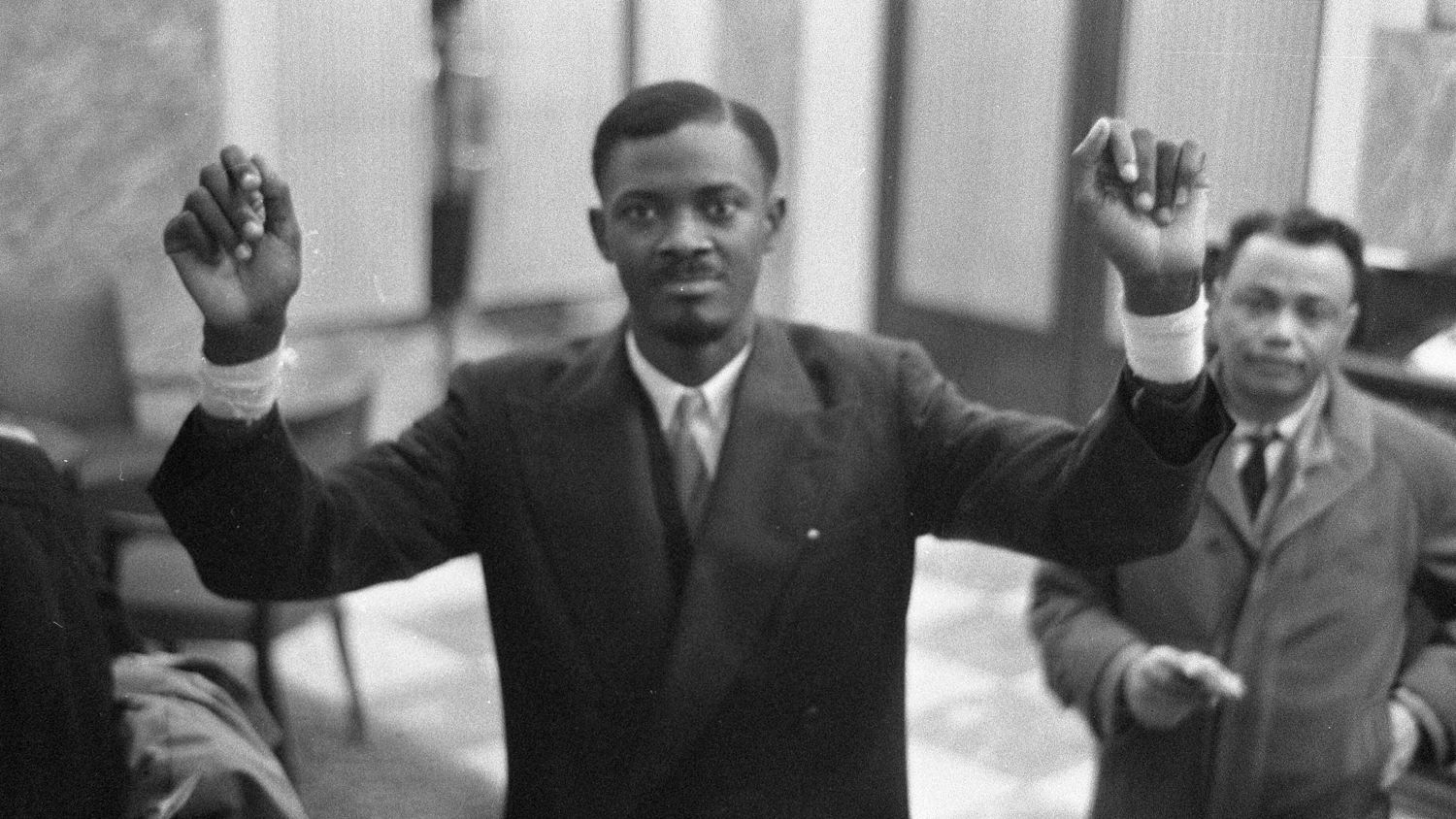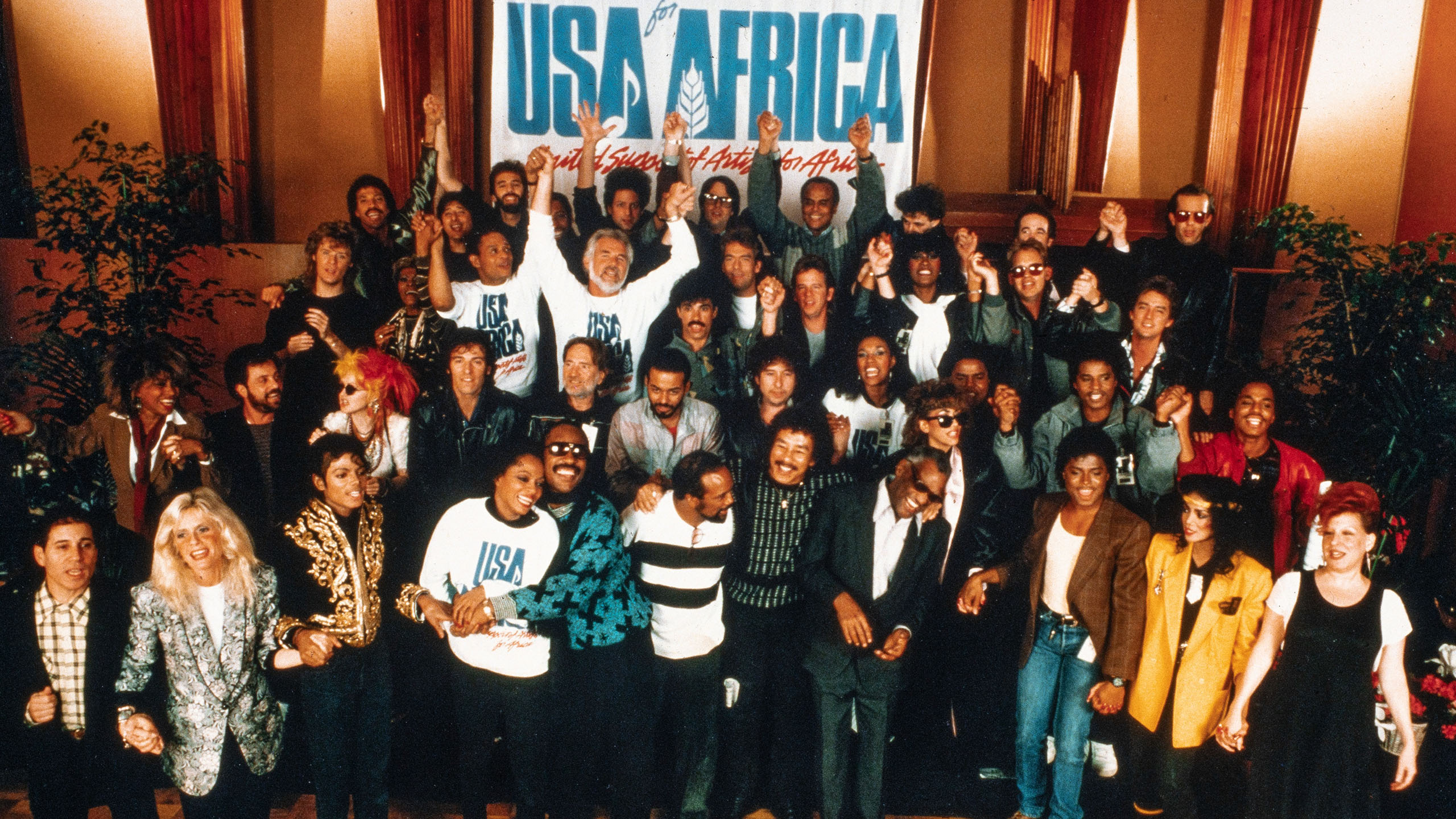Soundtrack to a Coup d’État
(Belgium/France/Netherlands, 150 min.)
Dir. Johan Grimonprez
Programme: World Cinema Documentary Programme (World Premiere)
Listening to a jazz performance can sometimes be an overwhelming experience. With bop or post-bop tunes especially, there’s a sense of an impenetrable cascade of notes occupying unsettling audio spaces. The flurry of harmonies and densely constructed scales run a mix of euphoric musical energy and anxiety-inducing rhythms. A similarly overwhelming experience can fitfully describe Johan Grimonprez’s highly experimental, immensely impressive Soundtrack to a Coup d’État, which presents historical archives, diary entries, and fiery musical performances within the format of a dense essay film.
The ostensive subject of Grimonprez’s exploration is the tangled history of the Congo. The story of this troubled region goes back ages, but the modern ties to the brutal colonial regime whereby the Belgian royal family essentially privatized an entire area, only to have differing powers attempt vie to control the vast natural and human resources of the country for their own benefit in the mid-20th century.
As straightforward history lesson, it’s fair to say the film would be a failure because there’s little to hold onto for the truly uninitiated. However, like the musical elements that pepper throughout the story, if you have a willingness to look and listen, a willingness to be patient and to accept that every moment won’t be as immediately coherent as they are in conventional essays, there’s a profundity that’s both welcome and, in its own way, truly revolutionary.
The politics of this African region are no less complicated and there deserve no less effort to understand, which makes the story of Patrice Lumumba, Joseph Kasa-Vubu, and then U.N. Secretary General Dag Hammarskjöld feel more like part of a spy novel than the conventional power plays of a post-colonial continental shakeup.
Grimonprez’s video art techniques guide him to employ archive footage, extensive text transcriptions, and oral histories like notes on a score, clusters of information that harmonize at some intervals and provide dissonance both intellectual and emotional at others. This is a highly composed work, of course, and its deeper impact is how its flurries echo the varying musical inputs, as African American jazz legends respond in ways subtle and overt to what’s occurring an ocean away.
The role of the likes of Louis Armstrong and Dizzy Gillespie to serve as cultural ambassadors provides yet another fascinating and deeply complicated connection, whereby men of African descent were tasked with both spreading the joyful music of their own invention, but also providing a contrast to Soviet responses to such expressive forms.
It’s through the thoughts of Nikita Khrushchev that we find these deeper contrasts, but also, through Grimonprez’s deft storytelling, to find deeper humanity in this leader who was pilloried in Western media for many of his histrionics. Even the “we will bury you” line is given more subtle translation, providing greater understanding for events at the height of the cold war, and how the actions of those in Africa were inextricably linked to the political vagaries outside the isolated borders.
Of course, the exploitation of resources, from rubber to uranium to the rare metals that drive the electric car revolution, continue to make the Congo ripe for exploitation, greed, and political upheaval. While focussed on the past, the film shows how these leitmotifs repeat, the choruses perhaps modulated to another key but still resonating with what occurred before.
The soundtrack of that era was one where improvised instrumental music showcased the breadth of talent and the mathematically dense constructions that attempted to upend conventional forms to find new ways of being. As sampling and simplification subsumed what was to become popular music, the hoped-for revolution was both electrifying yet hardly lasting, running out of ways to expand horizons. So too we see the dreams of a united continent devolving into factionalism, the heightened discourse there to mask the more insidious human nature to compete and to crush opposition.
Soundtrack to a Coup d’État is not an easy film to watch, but it’s a truly fascinating project to experience, and its flurry of ideas and images demands repeated viewing. Even though some parts may by the very nature of its presentation overwhelm, the general sense of what took place during that time period, and how these elements from Malcom X to Max Roach to Mobutu all provide a tributary to follow into the heart of the Congo’s identity, make for a truly impactful work.













